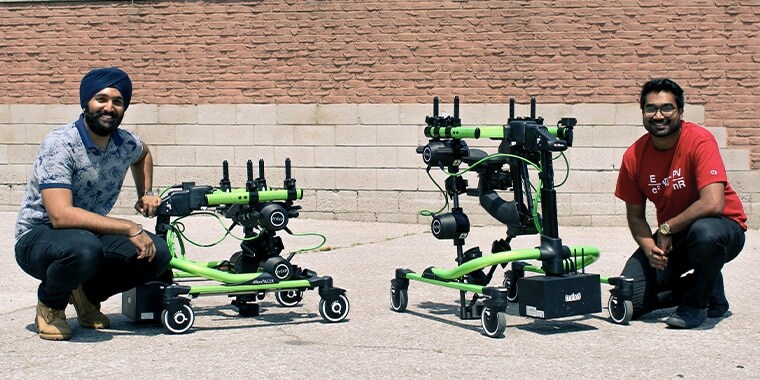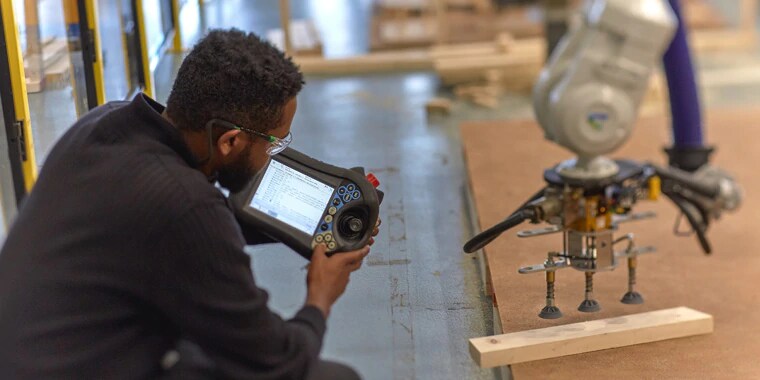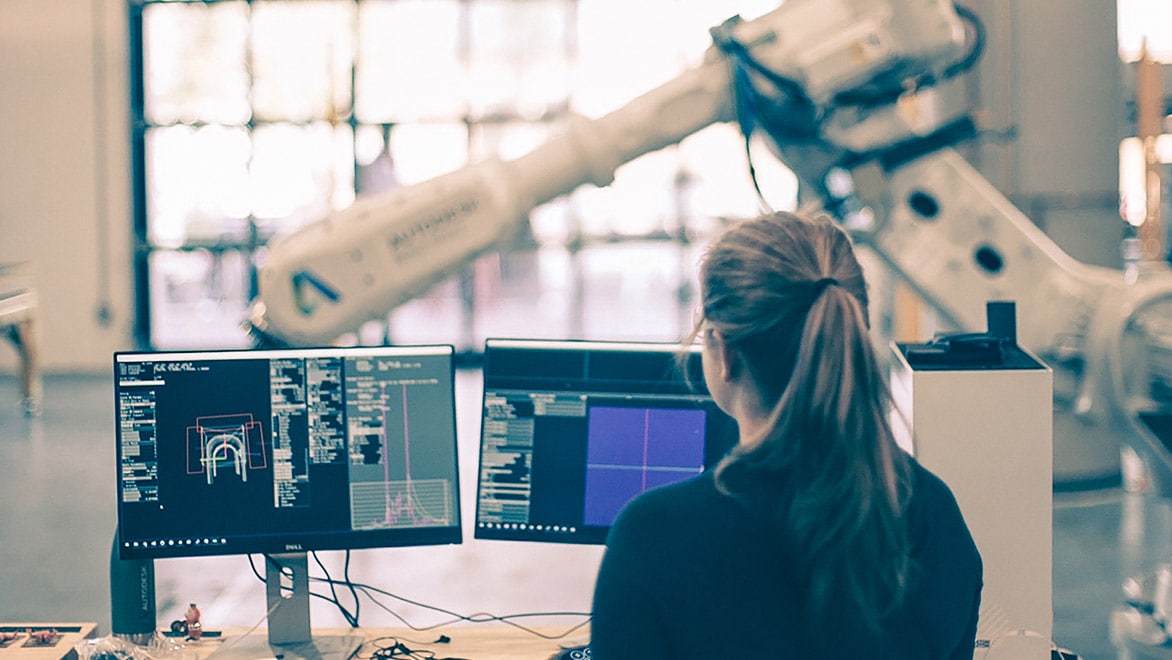CORTEX DESIGN
Cortex Design brings its human-centered and holistic product development approach to a collaborative effort that makes rapid at-home COVID-19 testing as accurate as lab testing.
Cortex Design brings its human-centered and holistic product development approach to a collaborative effort that makes rapid at-home COVID-19 testing as accurate as lab testing.
Area of Research:
Manufacturing
Location:
Toronto
Cortex Design turns concepts into reality. A resident of the Autodesk Technology Centers Outsight Network, Cortex primarily works with inventors and companies in the medical and life sciences industries. Cortex brings under one roof concept exploration, rapid prototyping, regulatory guidance, and manufacturing services either through support for onshore/offshore contract manufacturing services, or by fulfilling pilot runs from its growing and configurable in-house facilities. Guiding it all is Cortex’s methodology of ethnographic research, which connects promising technology with the often hidden and unvoiced desires of human experience.
For example, Cortex partnered with Longan Vision, another resident of the Outsight Network based in Toronto, to research and refine the Fusion Vision System (FVS) augmented reality visor. The FVS visor lets firefighters see through smoke with thermal imaging, environmental analysis, and remote image sharing. After analyzing firefighters’ needs and the regulatory environment, Cortex reconfigured the FVS prototype and helped Longan secure additional investment and a Gold International Design Award.
At a time when it was needed most, the Technology Centers’ community enabled Cortex Design to put its expertise to work in helping to mitigate the COVID-19 pandemic. In the spring of 2020, Outsight Network residents Raytheon BBN Technologies, Cortex, and Formlabs, came together to collaborate on the Raytheon C-FAST. A rapid at-home COVID-19 diagnostic, C-FAST combines the accuracy of lab-based polymerase chain reaction (PCR) tests with the speed and accessibility of point-of-care (POC) antigen tests.
C-FAST uses saliva as the sampling agent rather than nasal swabs, which are more susceptible to user error in at-home tests and are therefore less accurate. With C-FAST, the user applies saliva to a sealable, disposable cartridge that’s then analyzed by a reusable microfluidic chamber.
The C-FAST project needed help with several aspects, including the elastomeric gaskets for sealing the cartridges. Formlabs had recently developed new materials for 3D printing such elastomers with its Form 3 printer, which allowed Cortex to quickly prototype and produce around 20 iterations of the elastomer gaskets. Going through the standard process for ordering those iterations through overseas prototype vendors would normally have taken a week or more for each one; with the supply chain interruptions from the pandemic, Cortex estimated that it would have taken two to three weeks for each. Instead, using the Technology Centers’ Form 3 printer and working with project collaborators at Purdue University who also had a Form 3, Cortex was able to print new iterations in a couple of days or even overnight.
Throughout the C-FAST project, Cortex contributed to the conceptualization, microfluidic and circuit board design, prototyping, testing, regulatory compliance, and manufacturing support. C-FAST is in line for commercialization, bringing low-cost, lab-grade COVID-19 testing to at-home users.
US Sailing has engineered a number of measurement and testing jigs that facilitate the set-up of boats to required standards.
Faced with the reality that his nephew may spend the rest of his life wheelchair bound, Trexo co-founder Manmeet Maggu was determined to build a device to help his nephew walk.
Perkins + Will’s Technology Lab leveraged its previous research into mass timber and robotic fabrication, combining expertise across offices in a year-long effort.
The residency program provides open workspaces and equipment for teams doing forward-looking work in the areas of construction, manufacturing, and emerging technologies.



